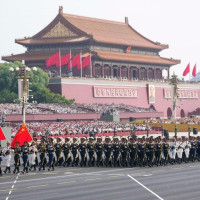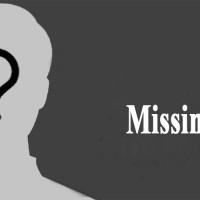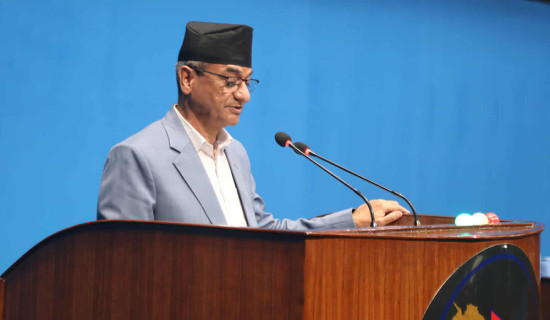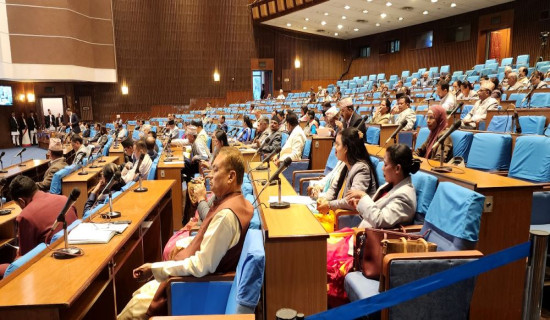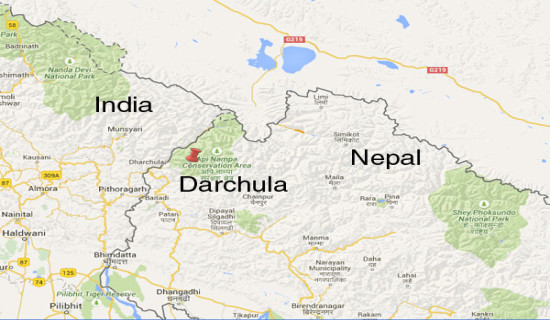- Wednesday, 3 September 2025
Perils Of Technology
Dixya Poudel
The final installment of the 'Mission Impossible' movie franchise was released this summer with much fanfare. Titled 'Mission Impossible: The Final Reckoning', the movie garnered accolades from fans and critics alike. However, the plot of the movie is quite a predictable one that has been reiterated in sci-fi movies throughout time. As such, its plot includes a lethal AI (artificial intelligence) called Entity, which gradually takes over the cyberspace of the entire world and has to be stopped before it gains control of the total military force of the world.
The idea that AI could go rogue and turn against the very humans that created it isn’t a new one in Hollywood. The movie industry has revisited this concept again and again. Here one can recall films such as Terminator, Ex Machina, I, Robot and so on. But could fiction turn into reality? Could AI really gain consciousness and turn against its maker, the humans? According to AI experts, the main concern is a phenomenon known as ‘alignment.’ It refers to the challenge of making sure that AI systems align with human values, goals and intentions as well as ethical implications. When it comes to AI, experts are worried that misalignment could lead AI to harm humanity.
However, contrary to most popular opinion, the problem of misalignment may not occur due to AI’s spite over humans but rather due to a lack of understanding of the deeper human values. Researchers and AI experts are worried that as AI becomes increasingly autonomous and capable, it could inadvertently harm humanity, much like the Entity in 'Mission Impossible: The Final Reckoning'. Technology is neither good nor bad in itself. It is how it is used that determines its merits. As the world becomes more technologically advanced, there could be serious implications for the future, especially if technology is exploited.
Today, AI has turned into a money-making machine, sprouting one AI startup after another and leading to profit for coders, engineers and software creators. As AI headlines most of the news reports, it isn’t surprising that people are mulling over the risks. Yuval Noah Harari, author of Nexus: A Brief History of Information Networks from the Stone Age to AI, warns that AI could progressively evolve into an ‘agent’ instead of just being a tool. Thankfully for now, the concept that AI could deliberately harm human beings remains a fictional one that writers of sci-fi have toyed with quite a lot.
Fictions aside, the pace at which AI is advancing is certainly concerning. Driven by an AI race, countries throughout the world are aiming to outsmart each other. Tech giants such as Meta are poaching exceptional software engineers in a bid to AI race, splurging a vast amount of money and effort. Technology has certainly made the world better but along with it comes a risk for the welfare of humans.
The fact that countries across the world are now arming up and stepping up their military might is quite alarming. Peace seems fragile as technology continues to see a boom. As such, given the state that the world is in, it has become important to regulate technology such as AI for the sake of humanity, which is increasingly turning volatile and rather tumultuous.







